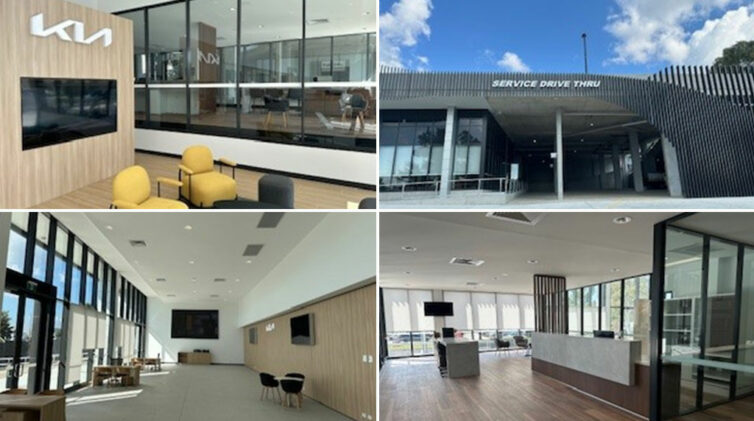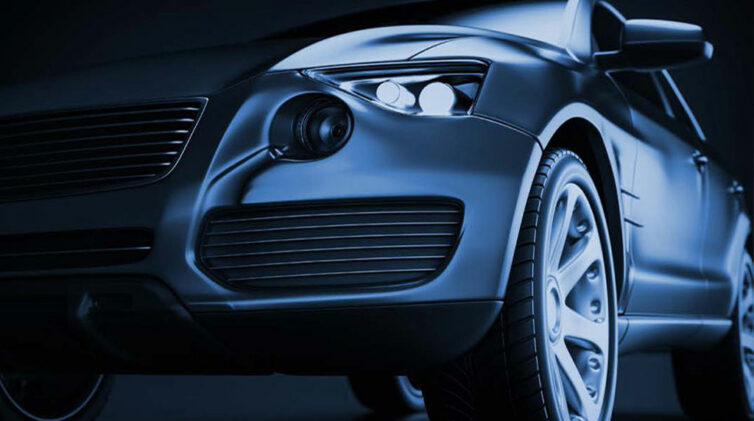The CO2 can also be contained and stored, or used in the manufacture of non-fossil based products including plastics.
The process, called direct air capture (DAC), uses sustainable (including solar and wind generation) electric power to clean the air and separate the CO2.
Porsche and its partners have three e-fuels plants in Chile, Uruguay and the US, which can use the captured CO2 for synthetic fuel. There are also plans for an e-fuel plant in Tasmania.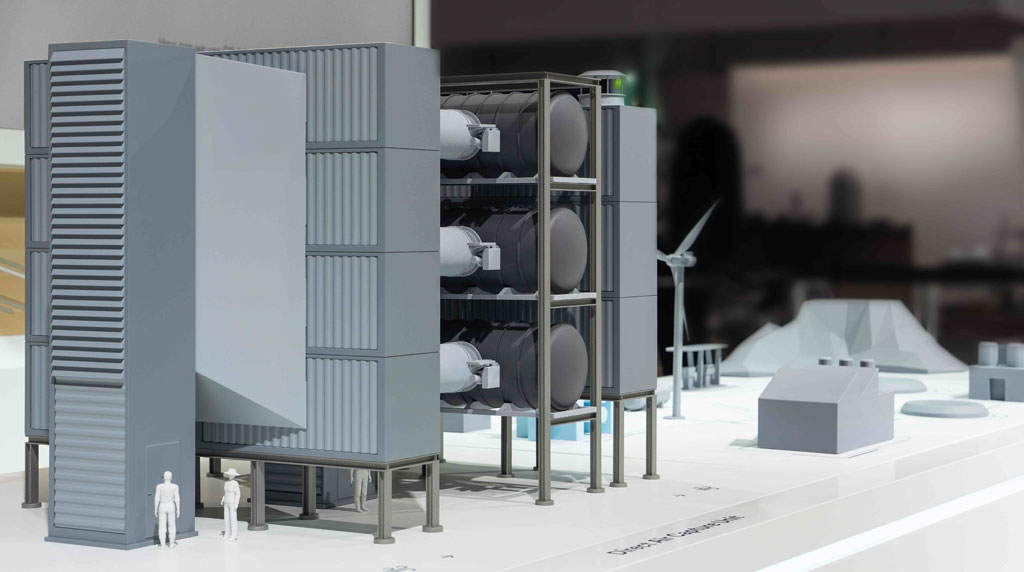 The plan comes as the European Commission considers watering down a carbon neutrality requirement for e-fuels to allow combustion engine cars to be sold after 2035.
The plan comes as the European Commission considers watering down a carbon neutrality requirement for e-fuels to allow combustion engine cars to be sold after 2035.
It relaxes a decision made by the EU earlier this year that new cars must produce no emissions by 2035 and reach climate neutrality by 2050, effectively ending the ICE vehicle.
Recently, the German car industry pushed the carbon–neutral fuels mandate with backing from Berlin.
Porsche said DAC was an important new technology and said that when applied to mass production to extract large quantities of CO2 from the atmosphere in an environmentally friendly manner, could play a significant role in combating climate change.
Porsche is now championing the process along with Volkswagen Group’s research arm, Volkswagen Group Innovation; the e-fuels company HIF Global; and MAN Energy Solutions.
The partners are now looking at integrating a DAC facility into the Haru Oni e-fuels pilot plant in Chile.
In December 2022, e-fuels company HIF Global, in which Porsche holds an interest, started industrial production of synthetic fuels at Haru Oni.
In the plant’s pilot phase, production of up to 130,000 litres of e-fuels per year is planned. Initially the e-fuel is to be used in what are known as’ lighthouse projects’, such as in the Porsche Mobil 1 Supercup and at Porsche Experience Centres.
Future plans envision the construction of additional large plants near the pilot facility in Chile that would increase the production of e-fuels over time.
Porsche said that the south of Chile offers ideal conditions for the production of e-fuels, with significant levels of wind blowing for around 270 days a year which enable wind turbines to operate at full capacity.
Porsche and its partners built and operate e-fuels plants in Chile, Uruguay, the US and has plans to develop a new e-fuels production facility in Tasmania, Australia.
By Neil Dowling


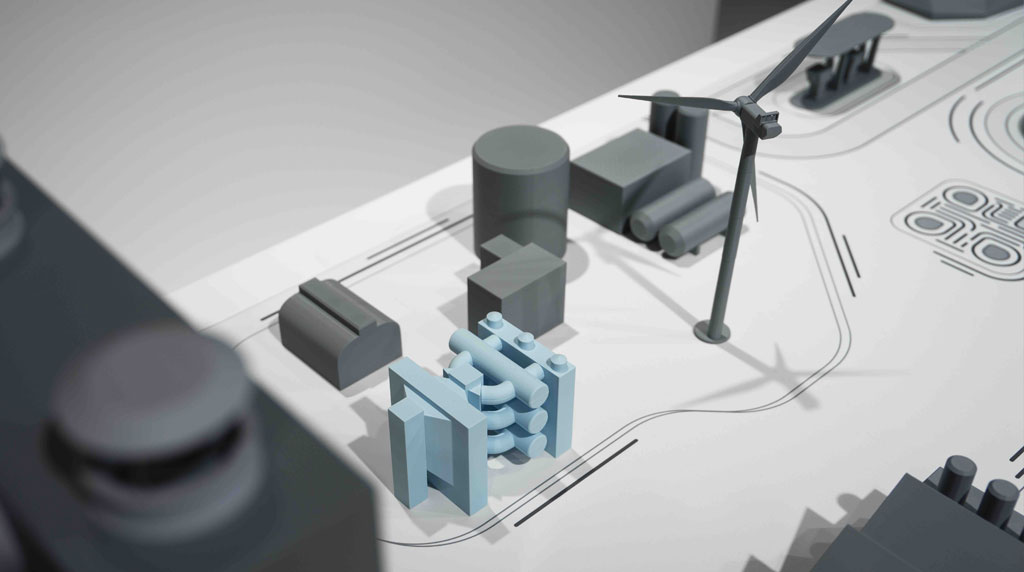
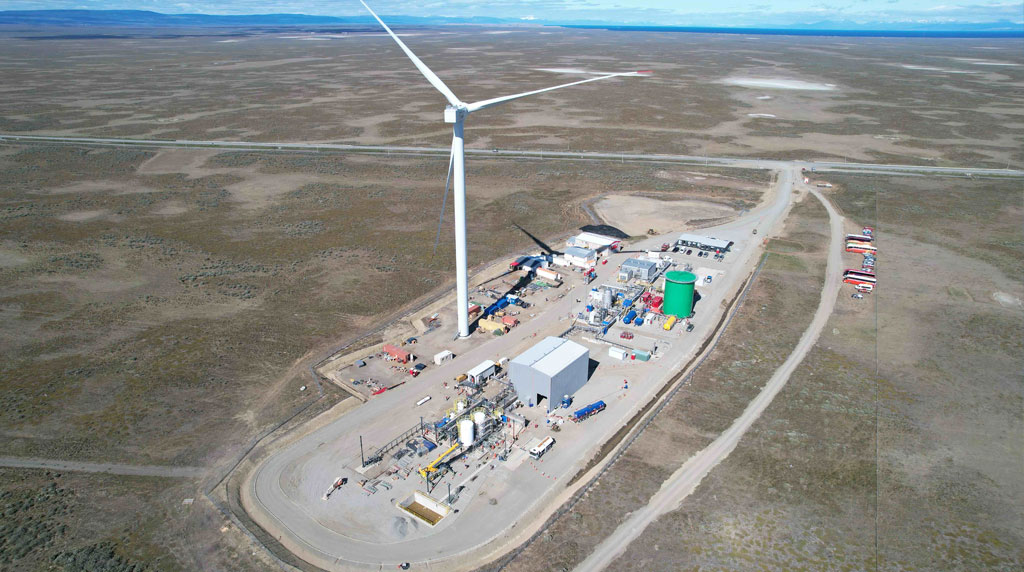










 Read More: Related articles
Read More: Related articles